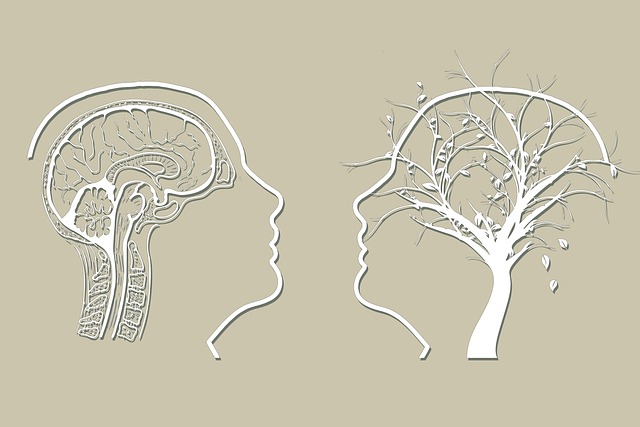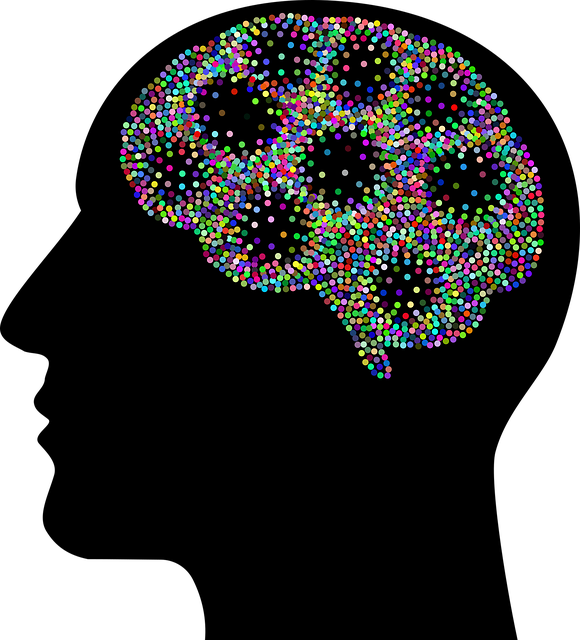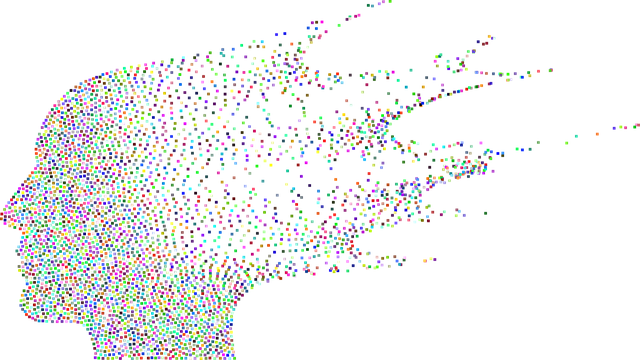Cultural sensitivity is essential in Boulder Conduct Disorder Therapy as it enables therapists to offer tailored, effective treatment by understanding and respecting diverse cultural backgrounds. Therapists must go beyond basic service provision, delving into deep knowledge of various cultures, traditions, and belief systems. This involves adapting practices, building trust, and incorporating mindfulness exercises based on Mind Over Matter principles. Open dialogue through Self-Awareness Exercises enhances understanding of cultural influences on mental health, leading to successful depression prevention strategies. By fostering strong connections and tailoring evidence-based practices, therapists can achieve improved outcomes and enhanced patient satisfaction for culturally diverse clients.
Cultural sensitivity is a cornerstone of effective mental healthcare, especially when addressing complex issues like Boulder Conduct Disorder. This article explores the vital role cultural competence plays in therapy, dispeling common misconceptions along the way. We delve into strategies for culturally sensitive treatment, highlighting its profound impact on outcomes. By understanding diverse perspectives, therapists can create inclusive environments, fostering meaningful connections and enhanced healing for clients from various backgrounds.
- Understanding Cultural Sensitivity in Mental Healthcare
- Challenges and Misconceptions About Cultural Competence in Therapy
- Strategies for Culturally Sensitive Boulder Conduct Disorder Therapy
- The Impact of Cultural Sensitivity on Treatment Outcomes
Understanding Cultural Sensitivity in Mental Healthcare

Cultural sensitivity is a cornerstone in modern mental healthcare, recognizing and respecting the diverse cultural backgrounds of patients is essential for providing effective treatment. This approach involves understanding that cultural beliefs, values, and traditions can significantly influence an individual’s mental health experience and expression of symptoms. For instance, what may be considered a sign of anxiety in one culture could be a normal behavior in another. A therapist skilled in cultural sensitivity can adapt their practice to create a safe and supportive environment for clients from various ethnic, racial, and socioeconomic backgrounds.
In the context of Boulder Conduct Disorder Therapy, cultural sensitivity becomes a powerful tool in addressing behavioral issues. By incorporating mindfulness and self-awareness exercises based on Mind Over Matter principles, therapists can help individuals explore their behaviors within the framework of their unique cultural contexts. Encouraging open dialogue about personal experiences, especially through Self-Awareness Exercises, allows for a deeper understanding of potential cultural influences on mental health, fostering more tailored and successful depression prevention strategies.
Challenges and Misconceptions About Cultural Competence in Therapy

Cultural sensitivity is a cornerstone of effective mental healthcare, yet navigating this aspect presents unique challenges for therapists. One significant hurdle is overcoming misconceptions about cultural competence. Many professionals mistakenly believe that providing a basic level of service to diverse clients is sufficient. However, true cultural sensitivity requires a deep understanding and appreciation of various cultural contexts, traditions, and belief systems. It’s not merely about accommodating different languages but also recognizing the impact of cultural factors on mental health expressions and treatment responses.
In the context of Boulder Conduct Disorder Therapy, for instance, therapists must be attuned to the unique challenges faced by clients from diverse backgrounds. This might involve adapting stress reduction methods to accommodate cultural preferences or incorporating elements from community outreach program implementations to foster a sense of belonging and trust. By doing so, therapists not only enhance the effectiveness of their practice but also contribute to building confidence among diverse populations, ultimately improving outcomes for everyone involved.
Strategies for Culturally Sensitive Boulder Conduct Disorder Therapy

In providing Boulder Conduct Disorder Therapy, cultural sensitivity is paramount to ensuring effective treatment and building trust with diverse clientele. Therapists must first educate themselves on the specific cultural background, beliefs, and values of each individual or family they work with. This knowledge allows for a more tailored approach, respecting and incorporating traditional healing practices where possible. For instance, some cultures may prefer community-based interventions or non-verbal forms of communication, which therapists should be adept at interpreting and using alongside conventional therapy methods.
One effective strategy is to offer Burnout Prevention Strategies for Healthcare Providers, as cultural sensitivity can be mentally demanding. Encouraging mindfulness through Stress Management Workshops Organization can help therapists maintain focus and compassion. Incorporating practices like Mindfulness Meditation into their routine not only benefits the therapist’s well-being but also positively influences their interactions with clients from different cultural walks of life. These techniques foster a deeper connection, enhancing the therapeutic process for both the healthcare provider and the patient.
The Impact of Cultural Sensitivity on Treatment Outcomes

Cultural sensitivity in mental healthcare plays a pivotal role in shaping treatment outcomes, particularly when addressing complex issues such as Boulder Conduct Disorder Therapy. Understanding and respecting a client’s cultural background enables therapists to create a safe and supportive environment that facilitates emotional healing processes. By incorporating cultural nuances into therapy sessions, practitioners can tailor their approaches, ensuring the effectiveness of interventions. This sensitivity goes beyond mere awareness; it involves adapting evidence-based practices to align with the client’s values, beliefs, and traditional healing methods.
Incorporating cultural sensitivity enhances the therapeutic process by improving communication, building trust, and fostering deeper connections between therapist and client. This is especially crucial when addressing issues that intersect with identity, such as conduct disorders. For instance, incorporating culturally relevant stress reduction methods or conflict resolution techniques can empower clients to manage challenging behaviors while honoring their cultural heritage. Ultimately, a culturally sensitive approach not only improves treatment outcomes but also promotes greater patient satisfaction and long-term mental well-being.
Incorporating cultural sensitivity into mental healthcare practice is not just a moral imperative but also a key strategy for improving treatment outcomes, especially in areas like Boulder Conduct Disorder Therapy. By understanding and addressing cultural nuances, therapists can overcome challenges and misconceptions, fostering more effective and inclusive care. This approach ensures that individuals from diverse backgrounds receive tailored support, ultimately enhancing the overall success of therapy.














